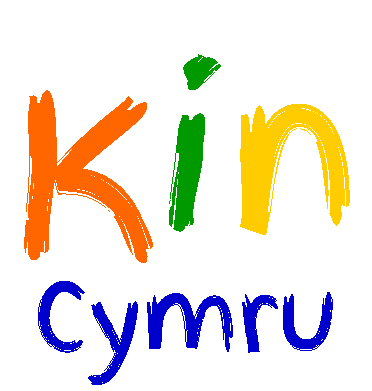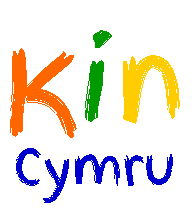This policy & procedure applies to all staff, and the board of trustees, paid staff, volunteers or anyone working on behalf of Kin Cymru.
Statement
Given the nature of our work it is highly unlikely that any member of staff or trustee would have direct and unsupervised contact with a child or adult at risk, but we recognise our responsibility for promoting best practice with regards to safeguarding.
Staff and trustees will ensure they are accompanied by a parent or responsible adult when they come into contact with children or adults at risk in the course of their duties.
Kin Cymru is committed to protecting children and young people who receive or benefit from our services, including the children of adults who use these services, and to promoting the welfare of these children and young people to keep them safe. Working in partnership with children, young people, their parents, carers and other agencies is essential in promoting young people’s welfare.
We are committed to work in a way that protects them and their best interests, and to ensure our safeguarding practice reflects any statutory responsibilities and government guidance.
Equality
Kin Cymru recognises the rights of children and believes that all children and young people, regardless of age, disability, gender reassignment, race, religion or belief, sex, or sexual orientation have an equal right to protection from all types of harm or abuse. This policy should be read in conjunction with our Equal Opportunities Policy.
We also recognise that some children and young people may be more vulnerable than others due to their level of dependency, communication needs or other issues and that extra safeguards may be needed, to keep children and young people who are additionally vulnerable safe from abuse.
Safeguarding
We will seek to keep children and young people safe by:
- Valuing, listening to and respecting them,
- Promoting and prioritising the safety and wellbeing of children and young people;
- Recruiting and selecting staff and volunteers safely, ensuring all necessary checks are made
- Ensuring all staff and volunteers understand their roles and responsibilities in respect of safeguarding and are provided with appropriate support and training to recognise, identify and respond to any safeguarding concerns relating to children and young people;
- Ensuring that children, young people and their families know where to go for help if they have a concern
- Ensuring appropriate action is taken in the event of incidents/concerns of abuse / harm and provide support to the individual/s who raise or disclose the concern;
- Ensuring that confidential, detailed and accurate records of all safeguarding concerns are maintained and securely stored in line with data protection legislation and guidance;
- Using our safeguarding and child protection procedures to share concerns and relevant information with agencies who need to know, and involving children, young people, parents, families and carers appropriately
- Using our procedures to manage any allegations against staff and volunteers appropriately
- Creating and maintaining an anti-bullying environment and ensuring that we have a policy and procedure to help us deal effectively with any bullying that does arise
- Ensuring that we have effective complaints and whistleblowing measures in place
- Ensuring that we provide a safe physical environment for our children, young people, staff and volunteers by applying health and safety measures in accordance with the law and regulatory guidance
- Building a safeguarding culture where staff and volunteers, children, young people and their families, treat each other with respect and are comfortable about sharing concerns
- Appointing a Designated Safeguarding and child Protection Person to deal with any safeguarding concerns
Failure to comply with the policy and procedures will be addressed without delay and may lead to disciplinary action within the organisation.
Procedure
The Designated Safeguarding and Child Protection Person for safeguarding issues is the Chair of Trustees – Lisa Reese
What to do if you have concerns about a child
You may have concerns about a child or young person because of something you have seen or heard, or a child or young person may choose to disclose something to you.
If a child discloses information to you, you should inform the designated safeguarding and child protection person within 48 hours.
- Do not promise confidentiality, you have a duty to share this information
- Listen to what is being said, without displaying shock or disbelief.
- Reassure the child, but don’t make promises you may not be able to keep eg: ‘Everything will be alright now’, ‘You’ll never have to see that person again’.
- Do not ask leading questions (g: Did he touch you?), ask open questions such as ‘Anything else to tell me?’
- Do not ask the child to repeat the information for another member of staff.
- Explain what you have to do next and who you have to talk to.
- Take notes if possible or write up your conversation as soon as possible afterwards.
- Record the date, time, place any non-verbal behaviour and the words used by the child (do not paraphrase).
- Record statements and observable things rather than interpretations or assumptions.
Whatever the nature of your concerns, discuss them with the designated safeguarding and child protection person as soon as possible and in any event within 48 hours.
Review
This Policy & Procedure will be reviewed annually, or should there be changes in legislation or government guidance.
Date of last review:
14th April 2025
Signed by the Chair Lisa Reese on 14th April 2025


